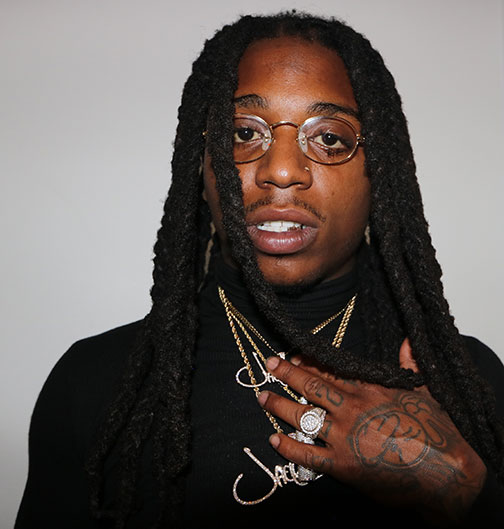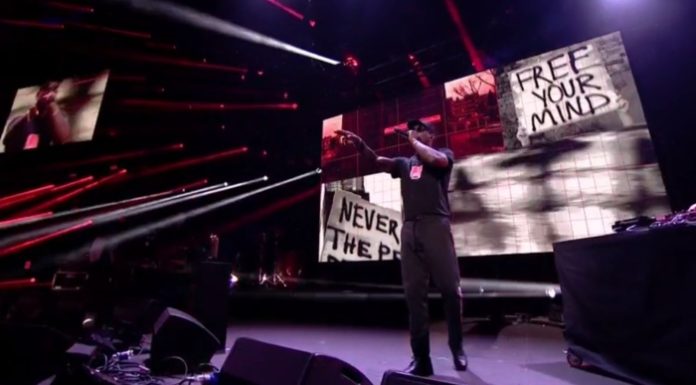Grime music has been on an incredible journey across the past couple of decades, going from its earliest beginnings as an underground phenomenon to becoming probably the most important genre in British popular music today. If you think that sounds like an overstatement, it might be a good idea to check the figures.
While research might suggest that music sales in general are on the decline, research from the BPI last year found that physical sales of grime albums grew by 109% between May 2016 and May 2017 and grime streams were also up 138% across the same period. With Skepta bagging a Mercury Music Prize for Konichiwa in 2016 and Stormzy enjoying a level of success which has led to him even appearing on songs by pop artists including Little Mix, it is safe to say the genre has well and truly arrived in the public consciousness across the UK.
A DIY sound
It is a remarkable rise for an art form which started out as part of the underground and has its basis at a DIY, grassroots level. We are used to hearing tales of people seeking music stardom on their own terms, whether it is future stars getting dropped by a record label or – as this article by Lottoland highlights – lottery winners like Roger Griffiths using a new-found fortune to have another pop at the big time. However, for many, grime’s DIY credentials are absolutely fundamental to its whole feel. As Noisey reports, Skepta even highlighted in his speech following the Mercury win that his music took off once the decision was made to go it alone.
But where did grime actually emerge from and what are its most fundamental musical influences? Well, while the genre may seem like a clear relative of hip hop and US rap, there is a growing view that grime’s story is a much more complicated one which takes in a host of different styles.
A range of roots
According to Pigeons and Planes, a clearer inspiration for the genre of grime than hip hop is actually reggae and dancehall. The website outlines how specifically the importance of dub can be heard in grime through its focus on the reworking and remixing of tracks. In addition, in its breakdown of why grime should be classed on its own terms, the site added that grime freestyles are a much different concept to the traditional rap equivalent.

The point is also made that many grime MCs have become immersed in the genre following experiences at raves, where they have learned their skills through a focus on entertaining and engaging a crowd.
Judged on its own terms
All of the above highlights just why it is more important than ever for grime to be judged on its own terms. Born from its own DIY scene inspired by a clash of cultures and styles, the genre has grown to become one of the most dominant forces in British music. With all of this in mind, it is only right that it finally gets the respect that it deserves.
Main image: Source: @TheFader via Twitter
Readers Might Also Like:
 ARTIST SPOTLIGHT: Genre Blending Rising Star, Janine the Machine On Journey To ‘High Places’
ARTIST SPOTLIGHT: Genre Blending Rising Star, Janine the Machine On Journey To ‘High Places’
ARTIST SPOTLIGHT: Talented Songstress Toya Nash Preps New Music & Major Moves
 [INTERVIEW] The Cash Money Legacy Is In The Hands of Talented Singer, Jacquees
[INTERVIEW] The Cash Money Legacy Is In The Hands of Talented Singer, Jacquees

